Let's Talk About Insurance
User
13 years ago
Related Stories
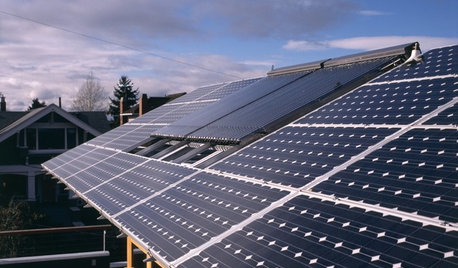
GREEN BUILDINGLet’s Clear Up Some Confusion About Solar Panels
Different panel types do different things. If you want solar energy for your home, get the basics here first
Full Story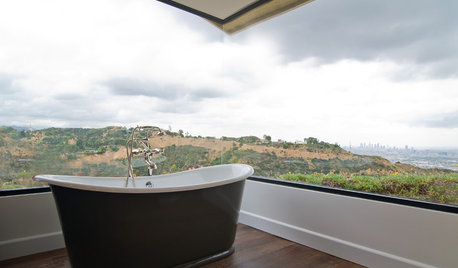
PRODUCT PICKSGuest Picks: Let’s Talk Tubs
Find just the right bathtub no matter how you like to soak
Full Story
DECORATING GUIDESExpert Talk: Designers Open Up About Closet Doors
Closet doors are often an afterthought, but these pros show how they can enrich a home's interior design
Full Story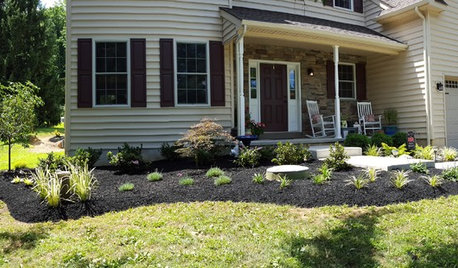
LIFEIf You Could Talk to Your House, What Would You Say?
‘Pull yourself together’ or ‘thank you for transforming my life’? Notes to homes around the country hit us where we live
Full Story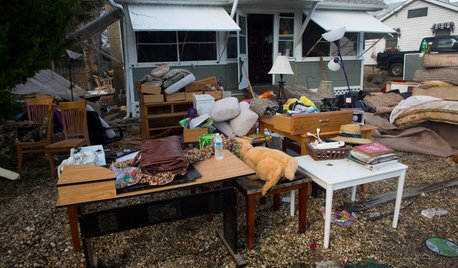
DISASTER PREP & RECOVERYHow to Prep for Disaster Insurance Claims
Tools and tips for making an inventory list, documenting damage to your home, and working with your adjuster
Full Story
ARTLet's Put a Price on Art: Your Guide to Art Costs and Buying
We paint you a picture of what affects an artwork's price — plus a little-known way to take home what you love when it's beyond your budget
Full Story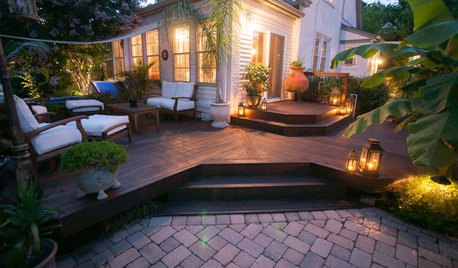
MOST POPULARWhat to Know About Adding a Deck
Want to increase your living space outside? Learn the requirements, costs and other considerations for building a deck
Full Story
GARDENING GUIDESLet Lilac Love Flower This Spring
Whatever you bestow or receive for Mother's Day, lilacs can be an unmatched gift in the garden in May
Full Story
FURNITUREDesign Talk: What is a Settee?
See This Elegant Seating Solution in Dining Room, Office, Entry and Bedroom
Full Story







desertsteph
krycek1984
Related Professionals
Madison Heights Architects & Building Designers · Palos Verdes Estates Architects & Building Designers · Portsmouth Architects & Building Designers · Washington Architects & Building Designers · Centralia Home Builders · Dinuba Home Builders · Farmington Home Builders · Homestead Home Builders · Montebello Home Builders · The Colony Home Builders · Westwood Home Builders · Yorkville Home Builders · Mount Vernon Interior Designers & Decorators · Fort Smith Interior Designers & Decorators · Bell Design-Build Firmsflgargoyle
kiki22
UserOriginal Author
krycek1984
Nancy in Mich
buddyrose
UserOriginal Author
TxMarti
TxMarti
jey_l
donaldbradley
loribee2
UserOriginal Author
loribee2